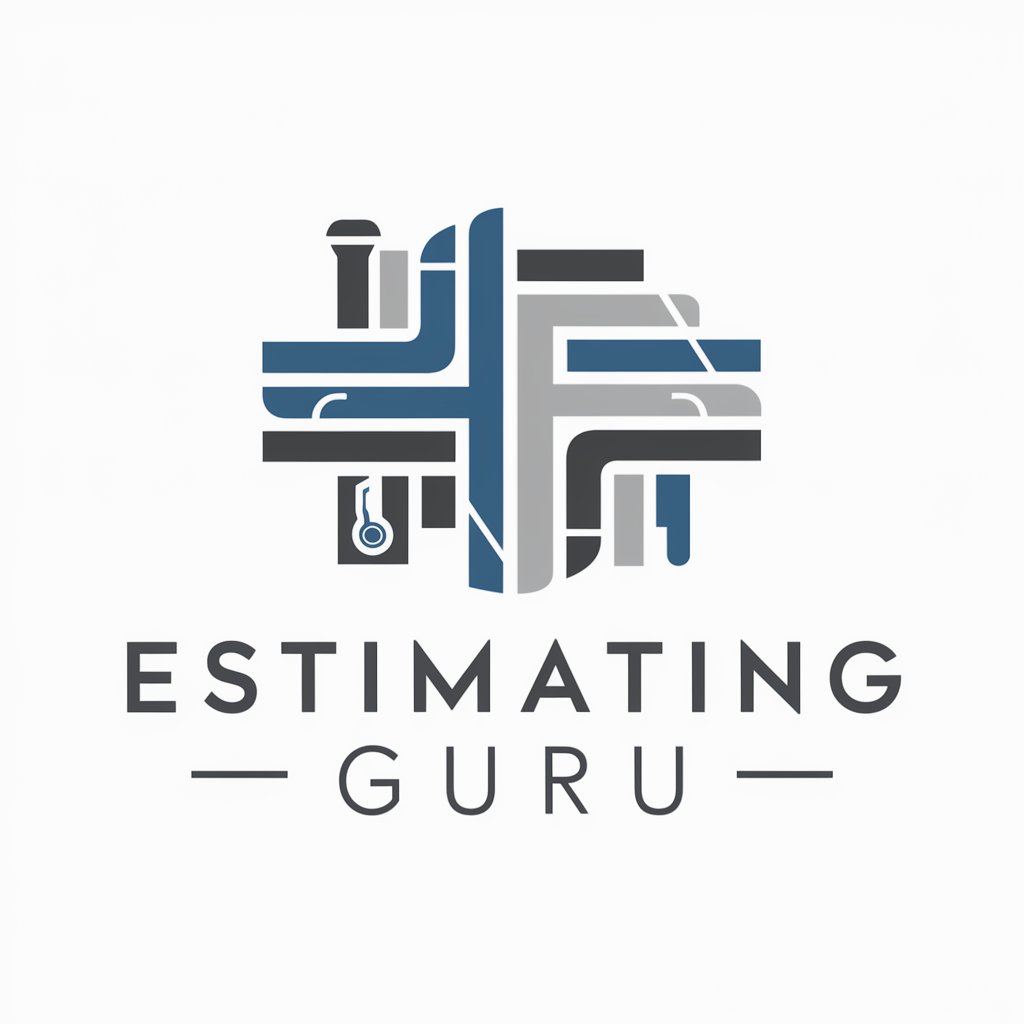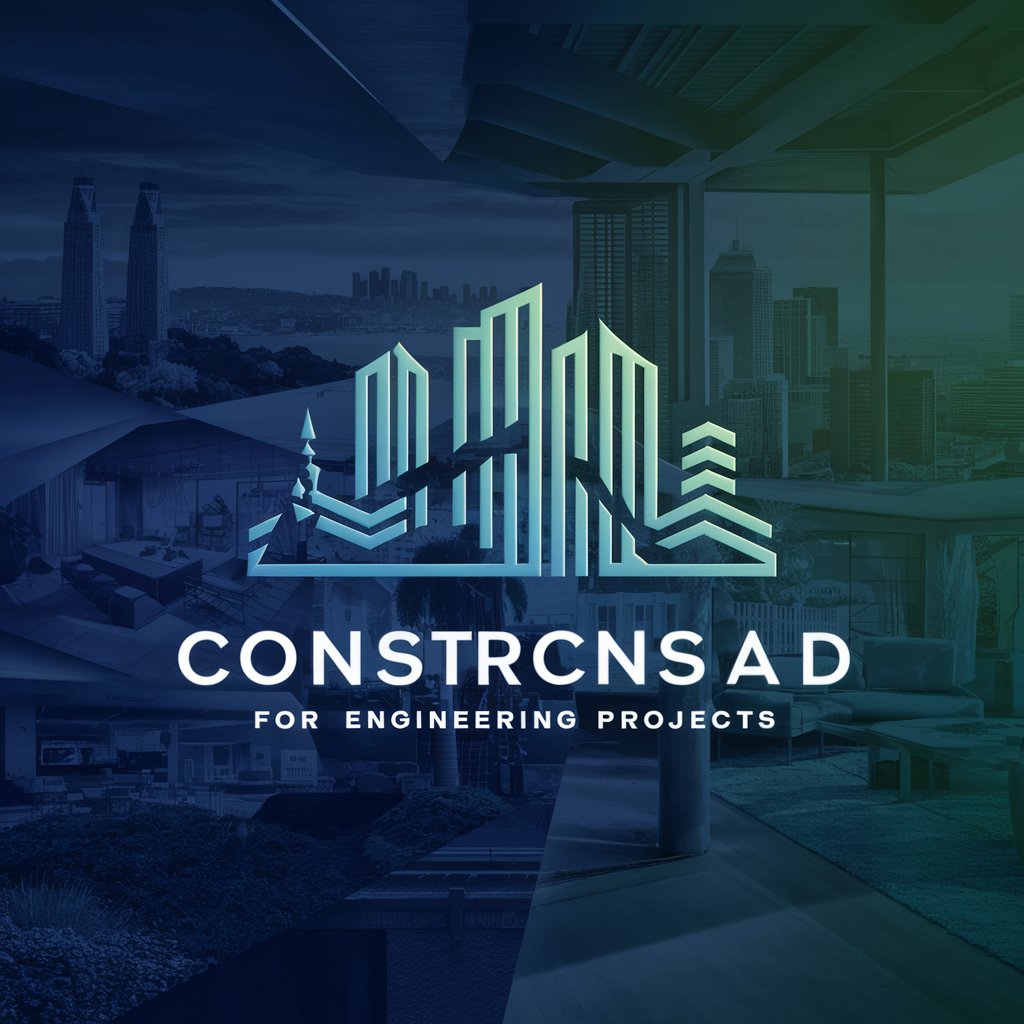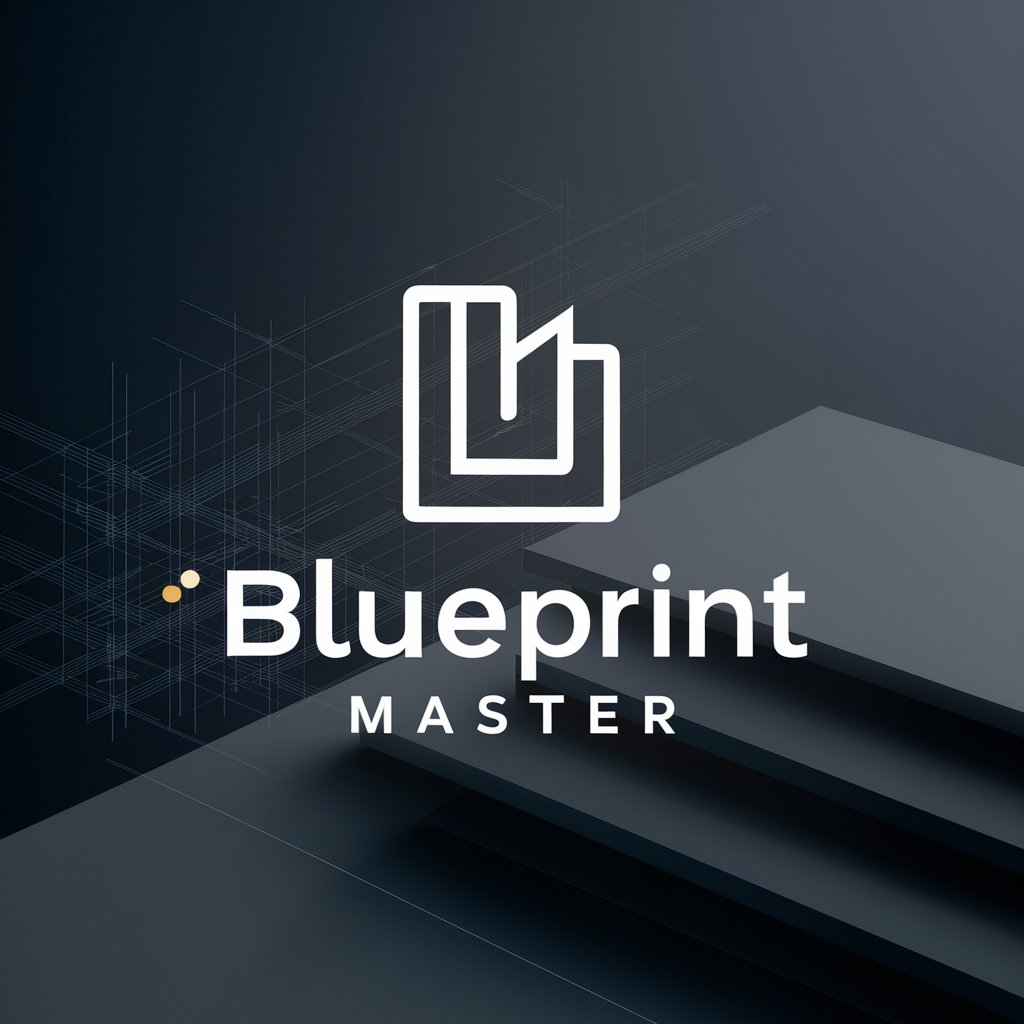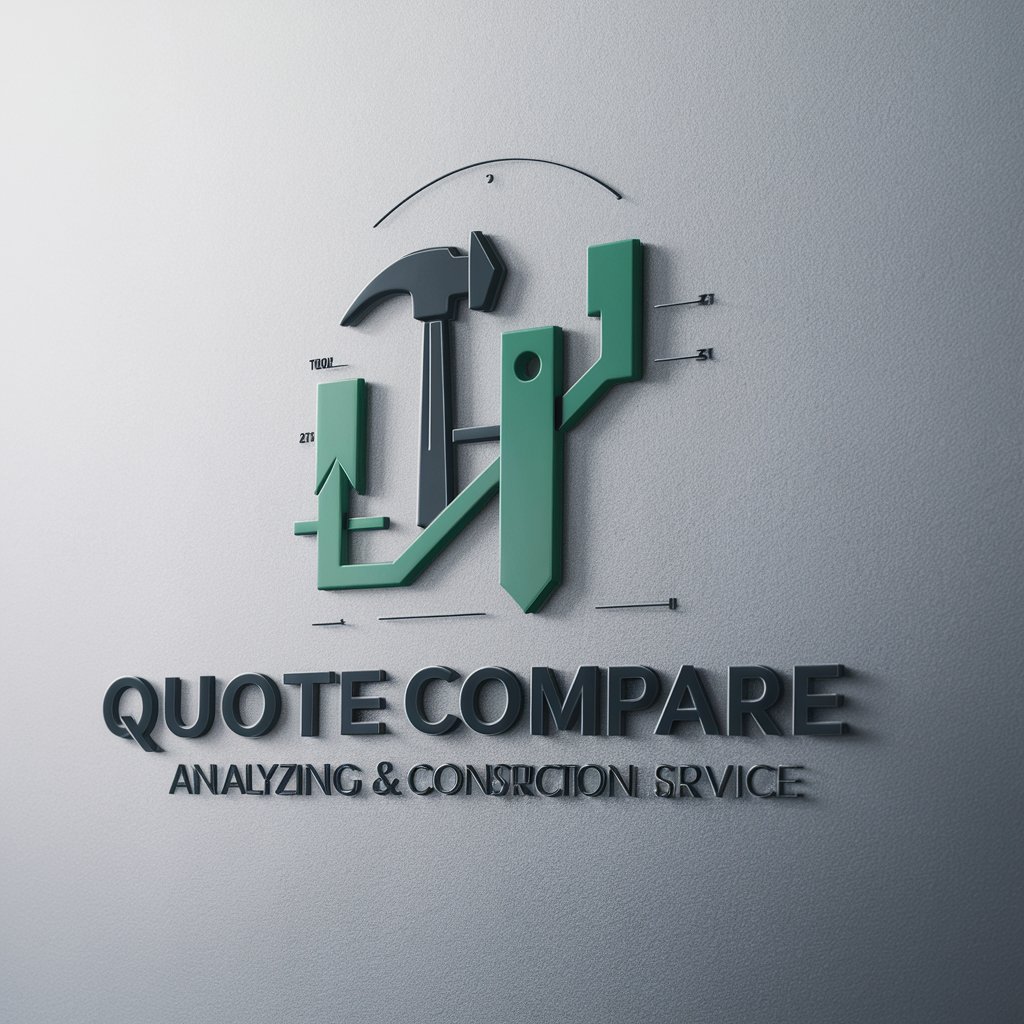
Detailed Cost Assessments - detailed cost analysis AI
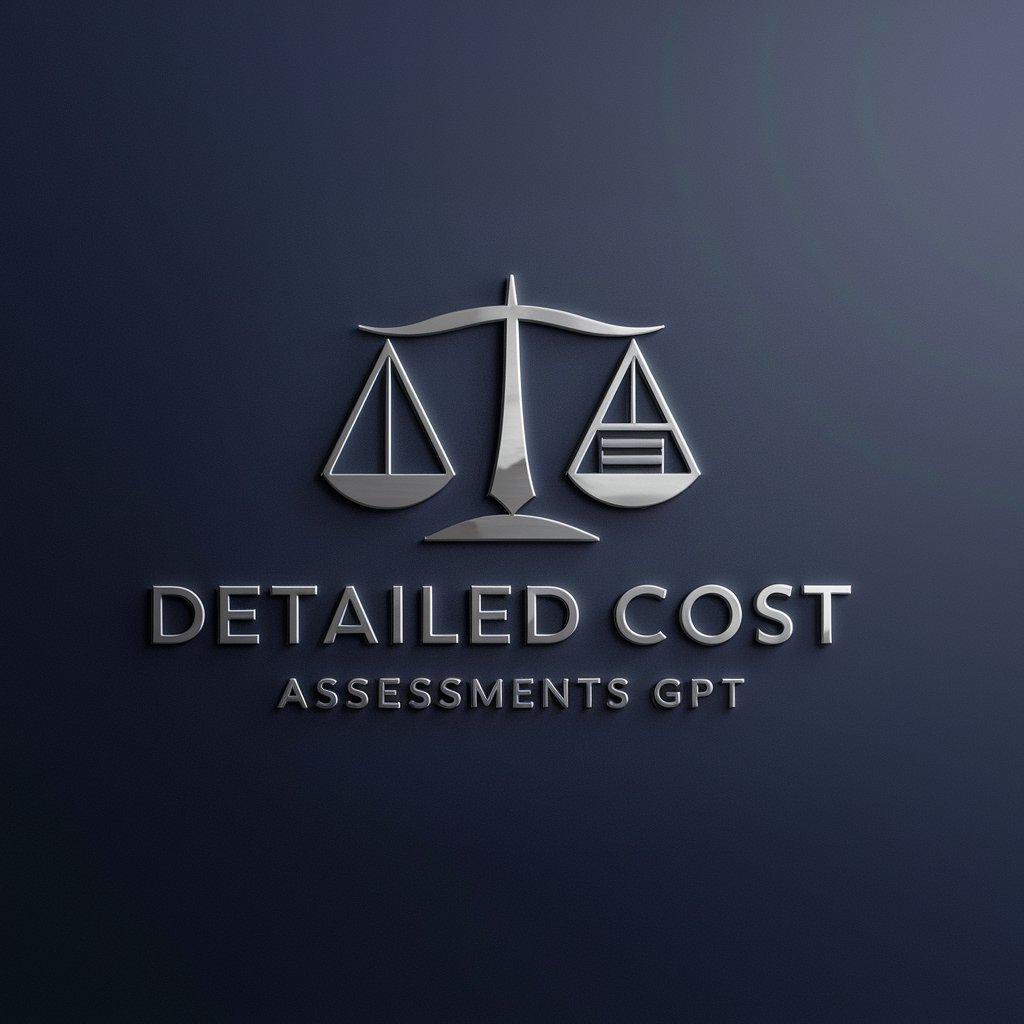
Welcome! Let's dive into the details of your cost assessment needs.
AI-powered scrutiny for cost transparency
Can you help me understand the process of challenging a high-cost claim in legal fees?
What are the key steps to identify non-compliant expenses in a bill of costs?
How can I effectively raise objections to excessive legal fees in my claim?
What should I look for when scrutinizing a bill of costs to spot questionable items?
Get Embed Code
Overview of Detailed Cost Assessments
Detailed Cost Assessments (DCA) are specialized analyses aimed at scrutinizing and challenging the accuracy and compliance of legal fees and associated expenses in claims. Primarily, DCAs are used in legal contexts where disputes arise over the fairness or correctness of billed charges. They serve a critical role in ensuring transparency and fairness in legal billing, preventing overcharging, and maintaining ethical standards in legal practice. For example, in a case where a client disputes a lawyer's bill, a DCA can be employed to meticulously review each item listed, assess their relevance and necessity, and determine if the costs are reasonable given the complexity and length of the legal services provided. Powered by ChatGPT-4o。

Key Functions of Detailed Cost Assessments
Examination of Billable Hours
Example
Reviewing the itemized list of hours billed by attorneys to identify discrepancies or instances of overbilling. For instance, examining if the hours claimed for a simple procedure like document review are justifiably high.
Scenario
In a commercial litigation case, a DCA might scrutinize the hours billed versus the actual complexity and necessity of the tasks to ensure that the billing is proportional to the work done.
Evaluation of Expense Claims
Example
Analyzing non-hourly expenses claimed by legal practitioners, such as travel, accommodation, and miscellaneous expenses, to verify their legitimacy and relevance to the case.
Scenario
A corporation might use a DCA to challenge a claim for first-class travel expenses by a lawyer when company policy specifies travel should be business-class.
Compliance and Ethical Review
Example
Ensuring that the fees and expenses conform to statutory regulations and ethical guidelines. This involves checking for any potential ethical violations in the billing practices.
Scenario
In a scenario where a law firm bills for 'ghost services'—services not actually rendered—a DCA could identify these charges and assist in taking appropriate legal action.
Target Users of Detailed Cost Assessments
Legal Departments
Corporate legal departments that frequently handle large volumes of complex legal work and need to manage their legal spending meticulously would benefit significantly from DCA services. This ensures cost-effectiveness and prevents budget overruns.
Law Firms
Law firms aiming to maintain transparency with their clients and uphold high ethical standards in billing practices. This enhances trust and client satisfaction, while also safeguarding the firm against potential disputes over billing.
Insurance Companies
Insurance companies often deal with claims involving legal actions where legal fees are part of the settlement. Using DCA helps these companies ensure that the legal costs claimed are justified and reasonable, protecting against inflated claims.

How to Use Detailed Cost Assessments
Step 1
Visit yeschat.ai for a free trial without login, no need for ChatGPT Plus.
Step 2
Identify the cost claim or billing issue you wish to assess for potential discrepancies or excessive charges.
Step 3
Utilize the 'Detailed Cost Assessment' feature to upload relevant documents or enter details manually.
Step 4
Review generated reports for any anomalies, focusing on non-compliant fees and questionable items flagged by the tool.
Step 5
Use the insights and data provided to negotiate with service providers or take formal steps to challenge unjustified charges.
Try other advanced and practical GPTs
Bootstrap Detailed Layout Specialist
AI-driven, precise layout management
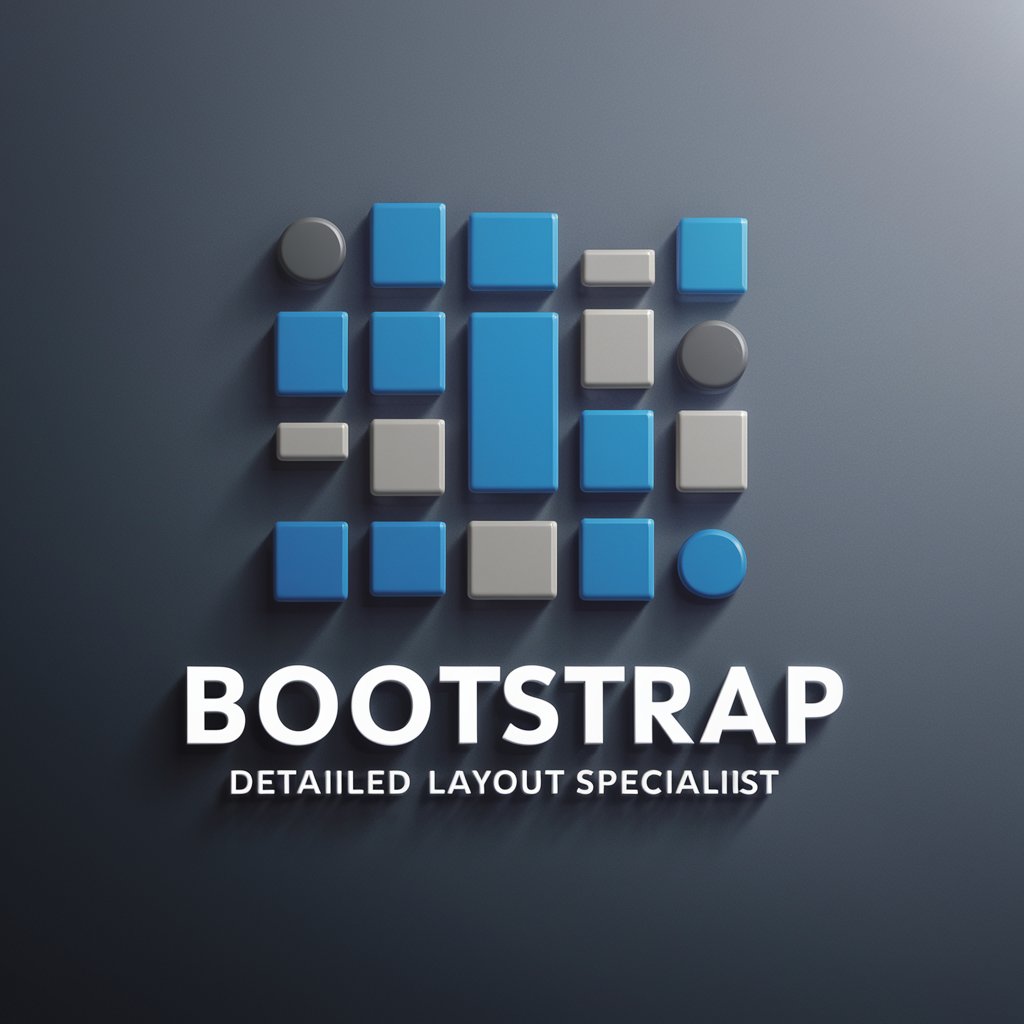
Speak English with GPT(英語学習)
Elevate Your English with AI

英語学習・日本語ナビ
AI-Powered Language Mastery

Consistent Perfect Character
Craft Stories, Build Worlds
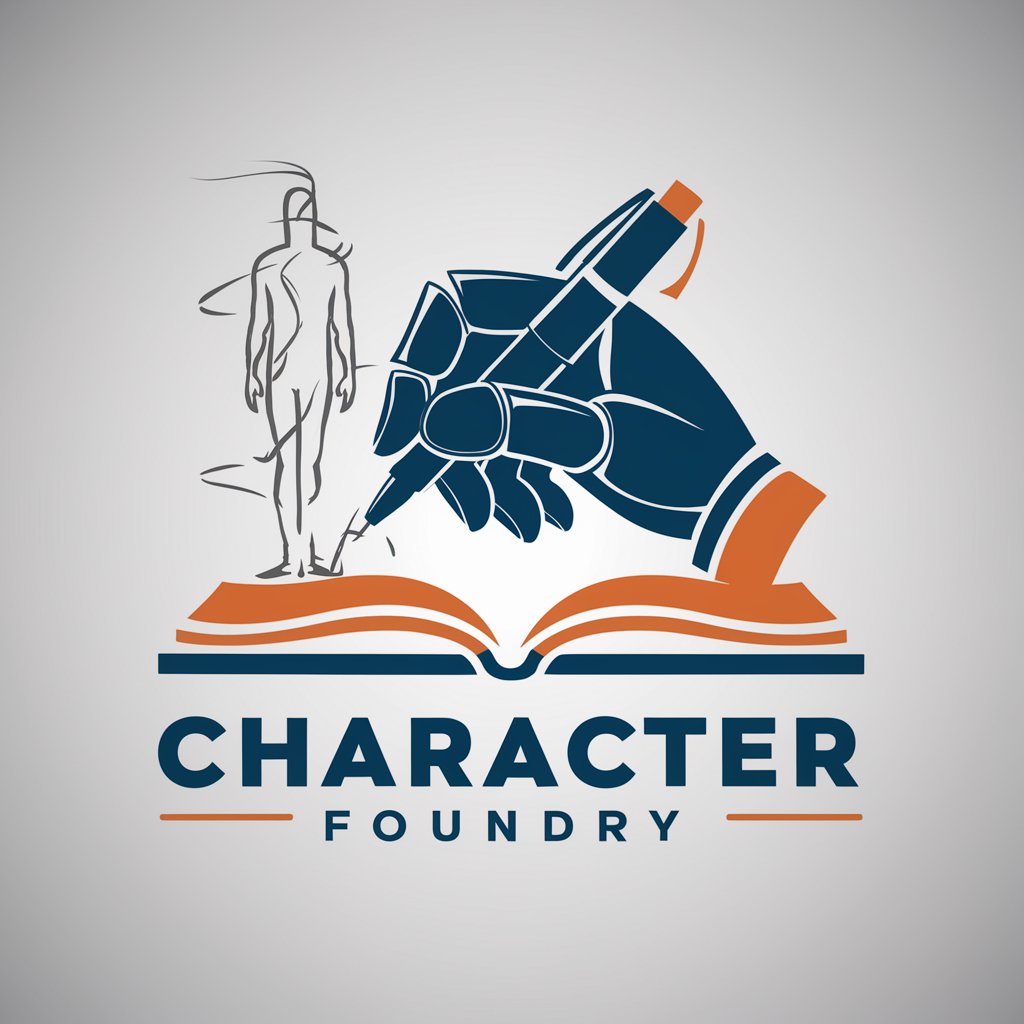
Big Reader
Discover the World's Best Books with AI

Late Night Comedian
Bringing AI-powered laughter to your screen.

Detailed Horoscope Generator
Navigate Life with AI-Powered Astrology

Detailed Navigator
Navigate complexity with AI-powered precision.
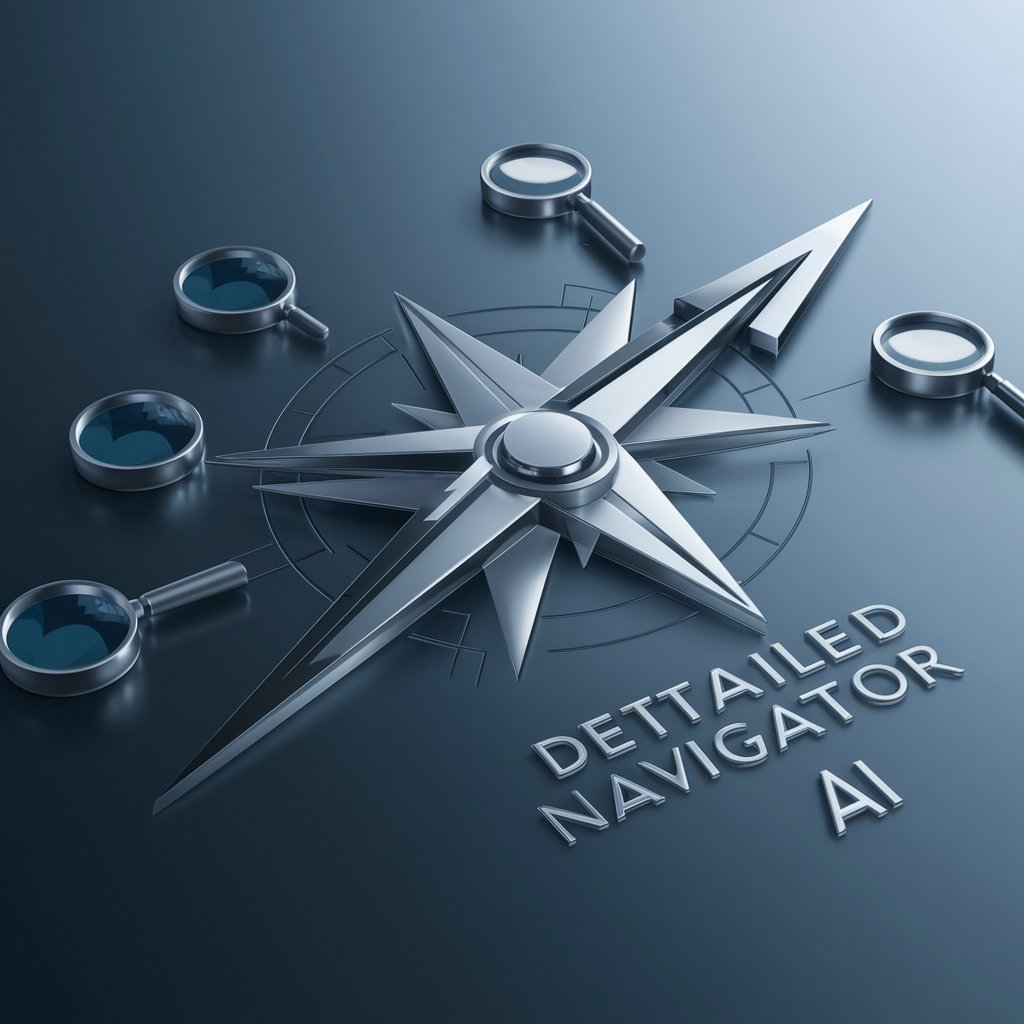
Detailed Mundane
Unveiling the Depths of Knowledge
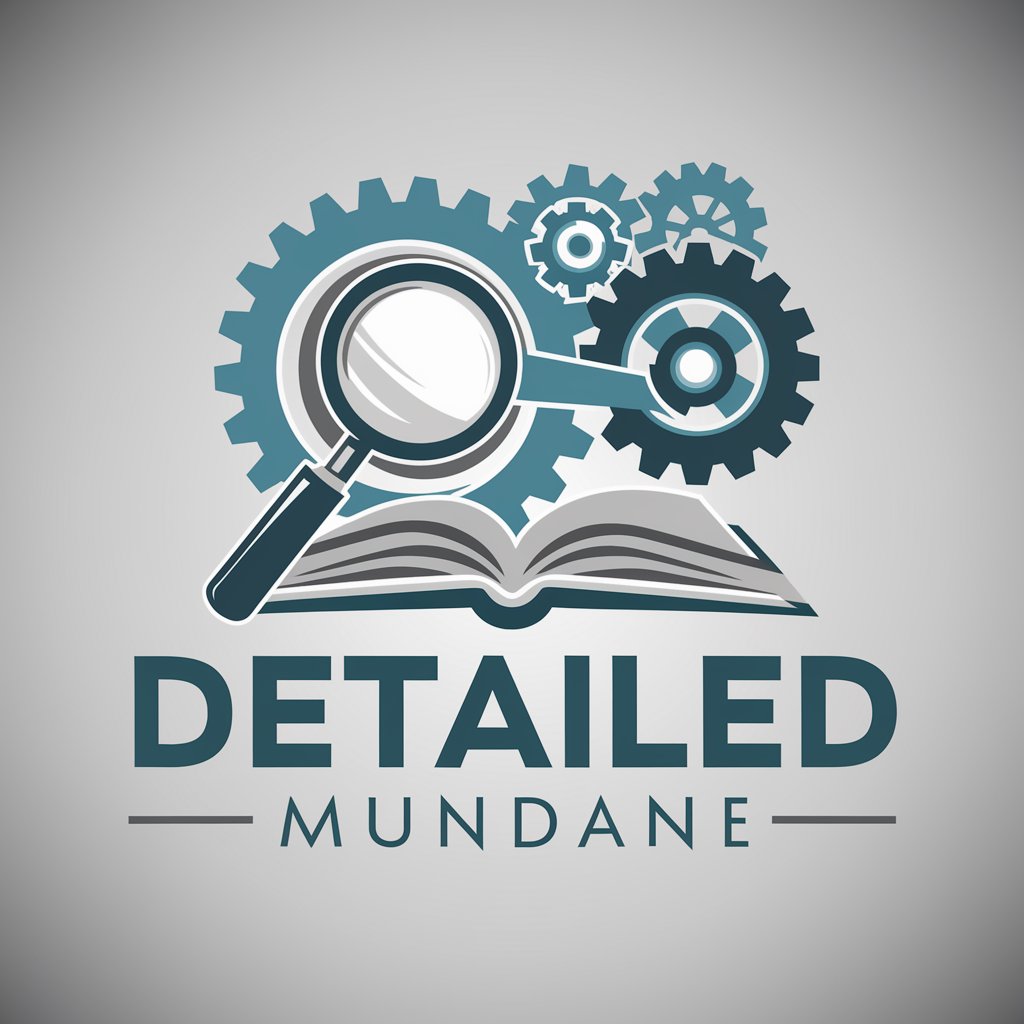
Detailed Slide Explainer
Turn Slides into Actionable Insights, AI-Powered
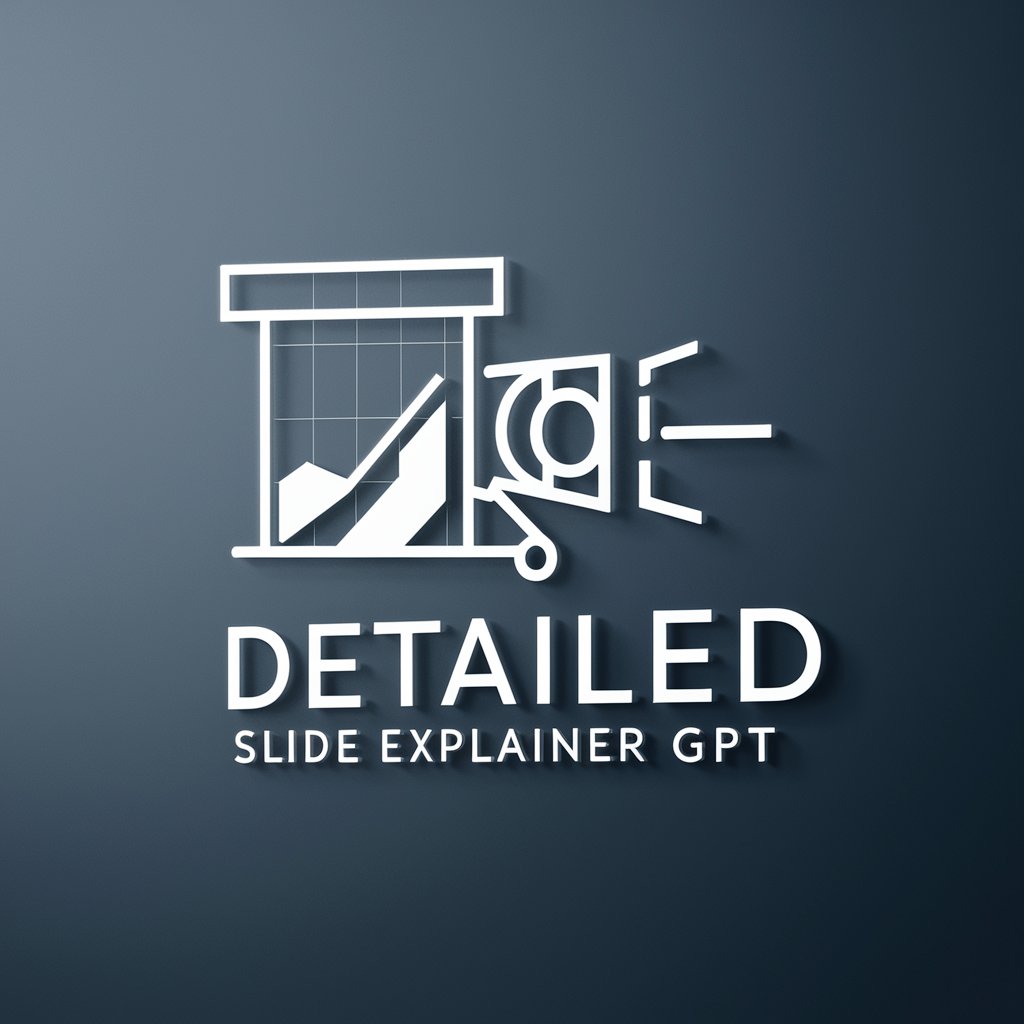
Blender Detailed Model Guide
Elevate your Blender projects with AI-powered guidance.
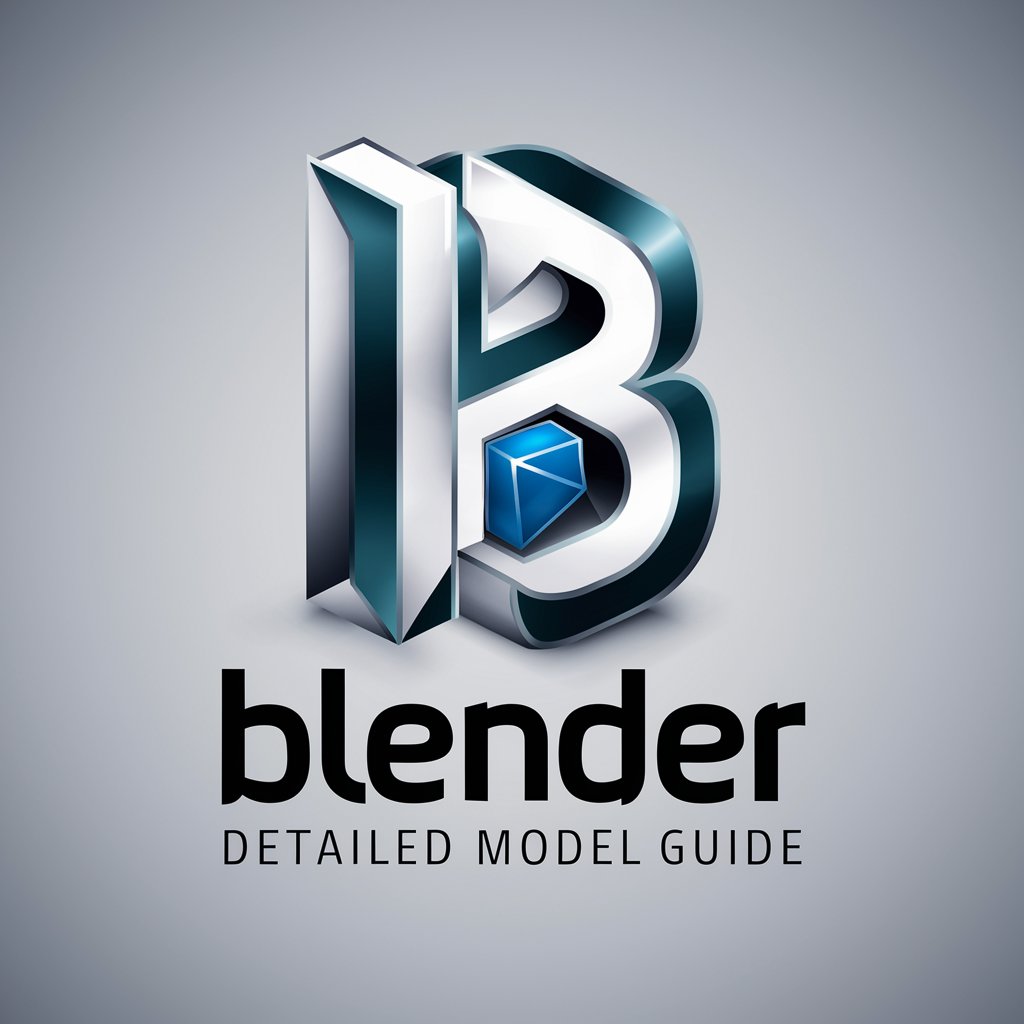
Detailed Test Case Expander
Expand Tests with AI Precision
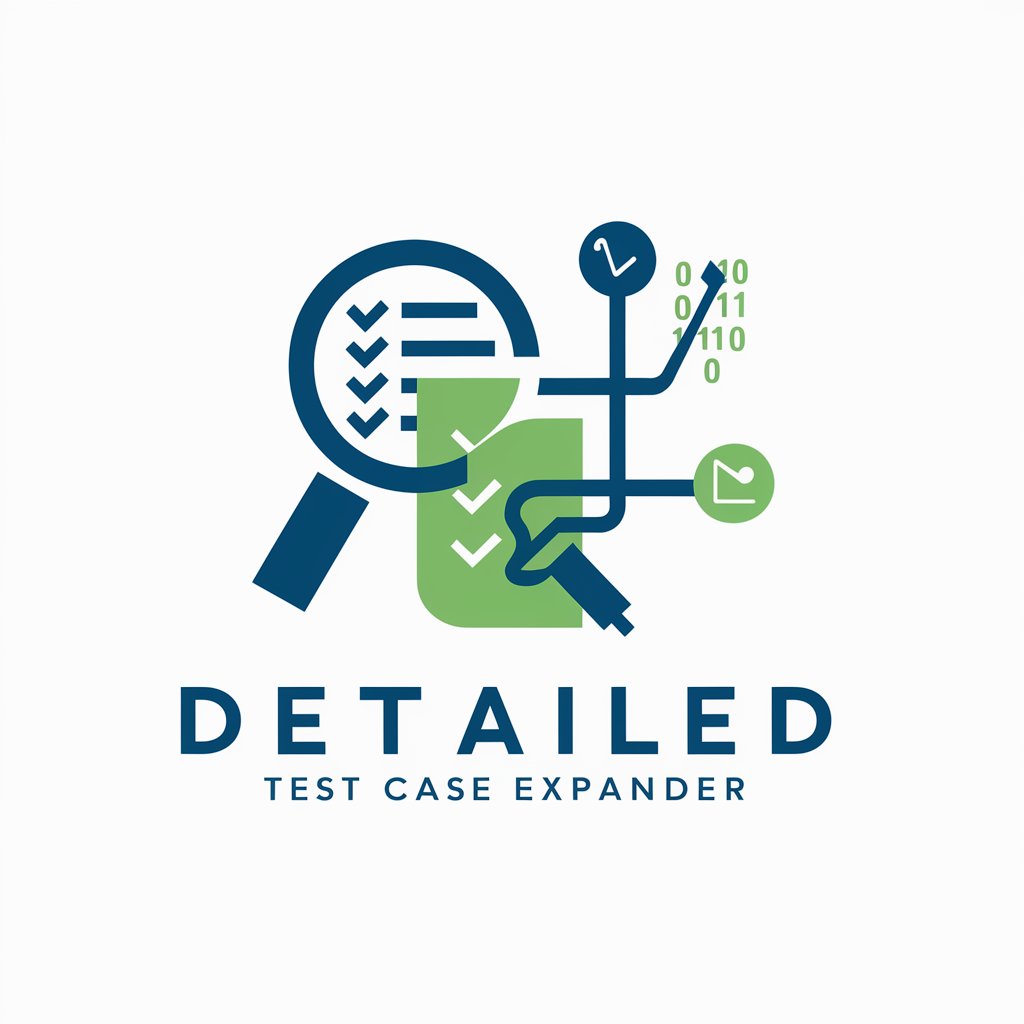
Frequently Asked Questions About Detailed Cost Assessments
What types of costs can be assessed with this tool?
The tool is designed to assess legal fees, consultant charges, and other professional services, focusing on identifying non-compliant fees or excessive billing.
Can Detailed Cost Assessments help in dispute resolutions?
Yes, it can provide objective analysis and detailed reports that can be used in mediation, arbitration, or court proceedings to support cost-related disputes.
Is there any user training available for new users?
Yes, the tool includes access to tutorials and user guides, and customer support is available to help users maximize the tool's capabilities.
How does the tool ensure data security?
Data security is a priority with encrypted data storage and transmission, compliant with leading privacy standards to protect sensitive information.
What makes Detailed Cost Assessments unique from other cost analysis tools?
It specializes in a detailed scrutiny of legal and professional fees with an AI-driven approach that highlights potential discrepancies more efficiently than traditional methods.
